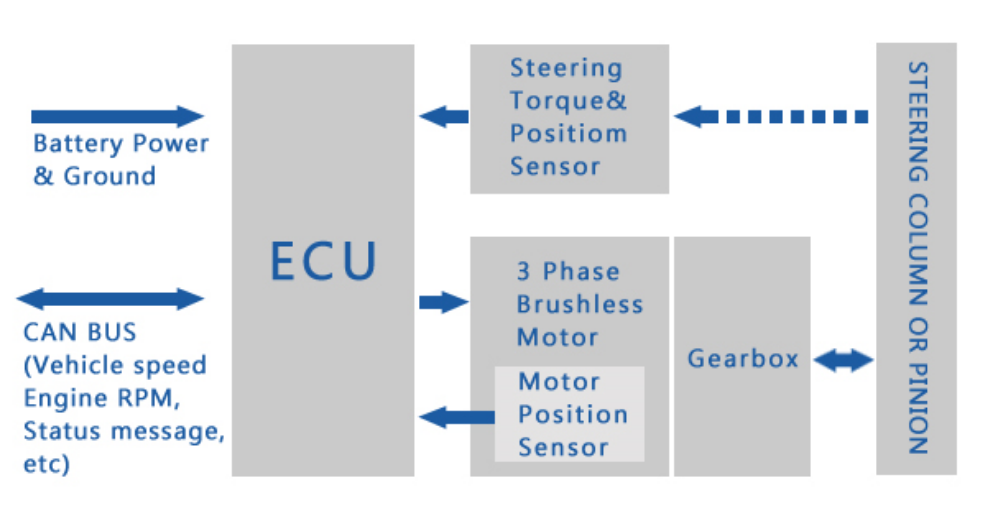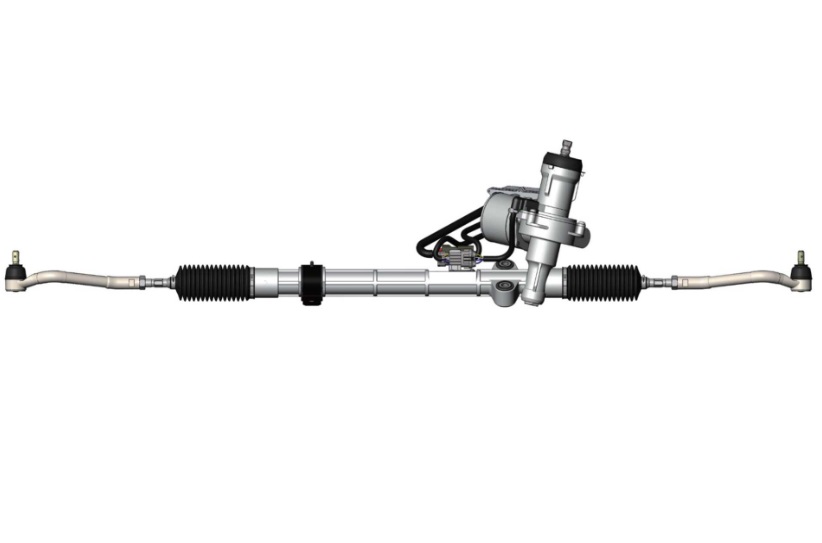
Electric power assisted steering system is indispensable in the vehicle and offers the latest technology, replacing the traditional mechanical and hydraulic power systems.
Electric Power Assisted Steering System (EPAS) improves on the disadvantages of traditional design, offers high energy savings, low assembly costs and offers high maintainability and high system integration. It is gradually now becoming the mainstream in the market.
All parts of Advanced Leading Technology’s EPAS system are self-downed and developed technology This internal development of the system is not only highly flexible, but also offers greatly reduced costs, and not dependent on foreign imported parts.
Different Variants for Electric Power Steering

System Components
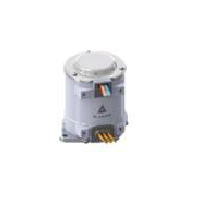
Permanent Magnet Synchronous Motor(PMSM)
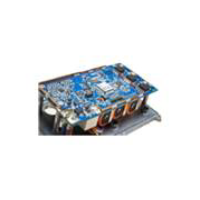
Electronic Control Unit (ECU)

Torque Sensor
Torque/Angle Sensor
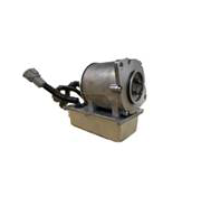
PowerPack
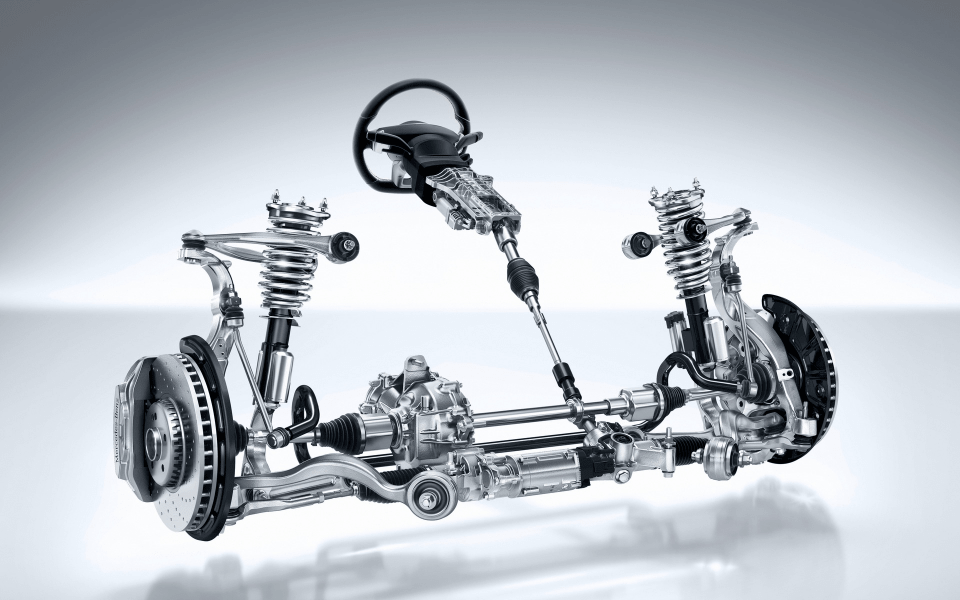
System Principle
The electric power assisted steering system mainly consists of three parts: the three-phase Brushless Motor, torque/steering angle sensor and the electronic controller (ECU).
System operation principle is: controller receives signals from torque and steering, as well as the signals from the vehicle’s engine speed, in order to achieve the ideal auxiliary state through the complex simulation calculation signal and then control the three-phase brushless motor operation to the ideal state of control
Function Description
The innovative self centering return ability: can achieve a return to positive active driving direction without the need to rely on vehicle design restrictions.
Speed inductive steering: steering wheel auxiliary force will change according to the change of speed. The faster, the smaller the auxiliary force; conversely, the slower, the greater the auxiliary force.
The System Frame
